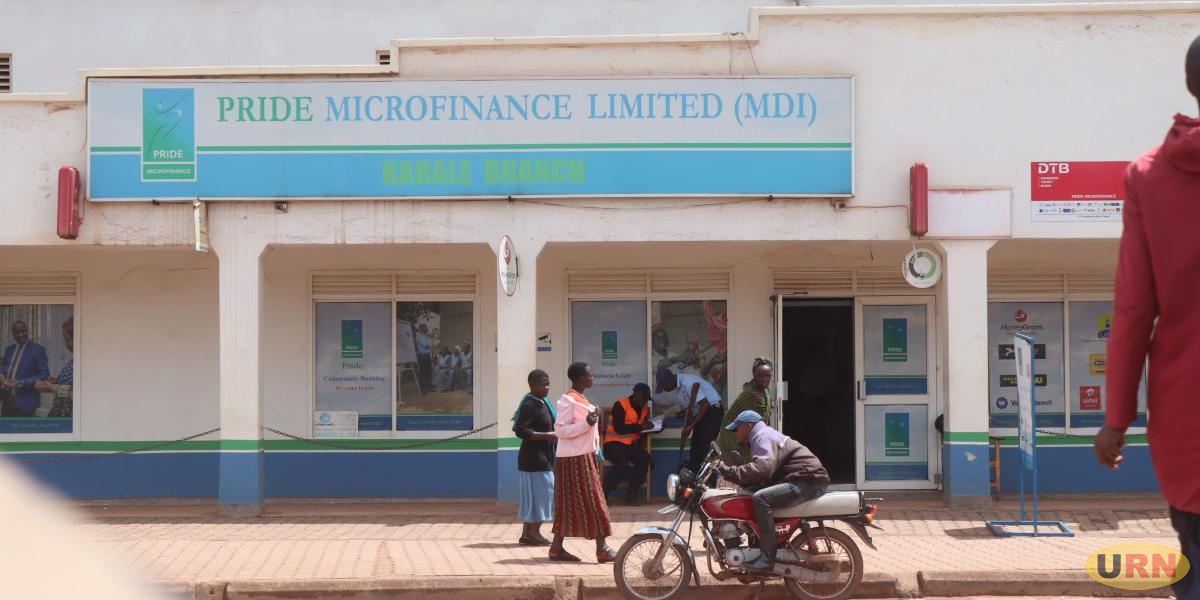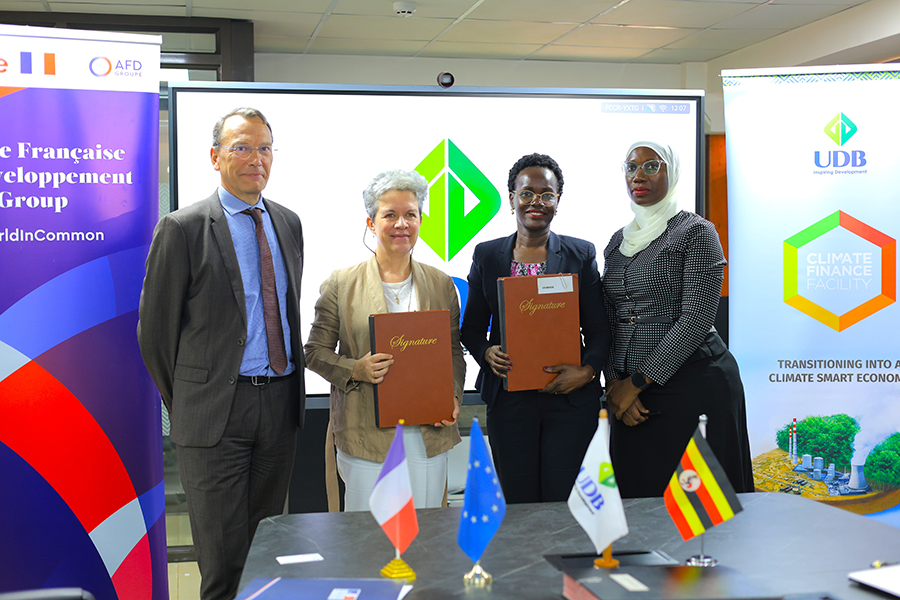In March, the Tax Appeals Tribunal rejected a request by Kuku Foods Uganda Limited, the company behind the KFC fast-food chain in Uganda, to halt the Uganda Revenue Authority (URA) from collecting Shs 4.2 billion worth of taxes until their tax dispute is resolved.
The tribunal dismissed the application, ordering Kuku Foods to pay costs, and emphasized that the company did not meet the legal tests for such an injunction. The decision has put the fast food’s operations in Uganda on the brink and while it has been expanding (by opening more branches) experts believe that if the tax dispute is not amicably resolved, things could go south very fast (pun intended).
How did we get there?
Kuku Foods claimed that between 2018 and 2022 it was operating at a loss amid challenges in the competitive fast-food market.
In its filings to URA, the company reported significant operating losses over four years from March 2018 to February 2022. These losses totaled around Shs 8.3 billion initially. In business terms, tax losses allow companies to offset future profits, reducing their tax bills. Kuku Foods later revised these figures upward to about Shs 16.8 billion, claiming higher expenses and lower income than first reported.
This revision, they say, was part of their effort to reflect accurate financials after reviewing their books.
Nzeyi sold his land in Kitende for Shs 6.5 bn. URA wanted to tax him. Court said “no”
Smelly Rat?
The adjustments made URA smell a rat forcing the tax body to conduct an audit on the company’s income tax returns for that period (2018-2022).
After the audit, URA raised some issues: they rejected certain expenses the company had claimed, saying they were not valid deductions, and added “undeclared income” that Kuku Foods had not reported. As a result, the URA slashed the accepted losses from a claimed Shs 21.3 billion down to Shs 8.3 billion. Additionally, the URA issued assessments for Value Added Tax (VAT) and withholding tax totaling Shs 3.4 billion, meaning the company owed extra taxes.
Kuku cries foul
Kuku Foods objected to these changes, leading to a dispute resolution process where the parties met to try to find common ground. Out of this process the VAT and withholding tax demands were reduced to Shs 1.8 billion. However, through the same process the URA also identified Shs 7.6 billion in undeclared income during this phase. This back-and-forth process showed some concessions but kept the core disagreement alive over what expenses counted as legitimate.
Breaking Point
Things escalated when the URA performed a “returns examination” in September 2024. This review completely wiped out Kuku Foods’ remaining tax losses, flipping the company’s position from having carry-forward losses to owing taxes of about Shs 4.2 billion. The URA argued this was based on ongoing discrepancies in the company’s declarations. Kuku Foods saw this as unfair, claiming it harmed their business by forcing them to pay taxes they couldn’t afford while in a loss position, potentially affecting their ability to raise capital, compete with rivals, and maintain operations.
Enter the tribunal
In response, Kuku Foods filed a main appeal contesting the September adjustments in the Tax Appeals Tribunal. While waiting for a full hearing, they sought a temporary injunction to “freeze” the status quo. This was aimed at stopping the URA from enforcing the revised losses or demanding payment until the main case was decided. They argued that without this freeze, they would suffer “irreparable damage,” like losing market share, facing higher costs, and struggling to attract investors in Uganda’s fast-food sector.
The tribunal, however, ruled against the injunction. It found no “prima facie case” , no proof of irreparable harm that could not be fixed with money later, and that the “balance of convenience” favoured the URA—to ensure tax collection and public revenue is not delayed.
The tribunal judges, led by Crystal Kabajwara, noted that tax disputes like this “are common and that businesses must follow proper audit processes.”







